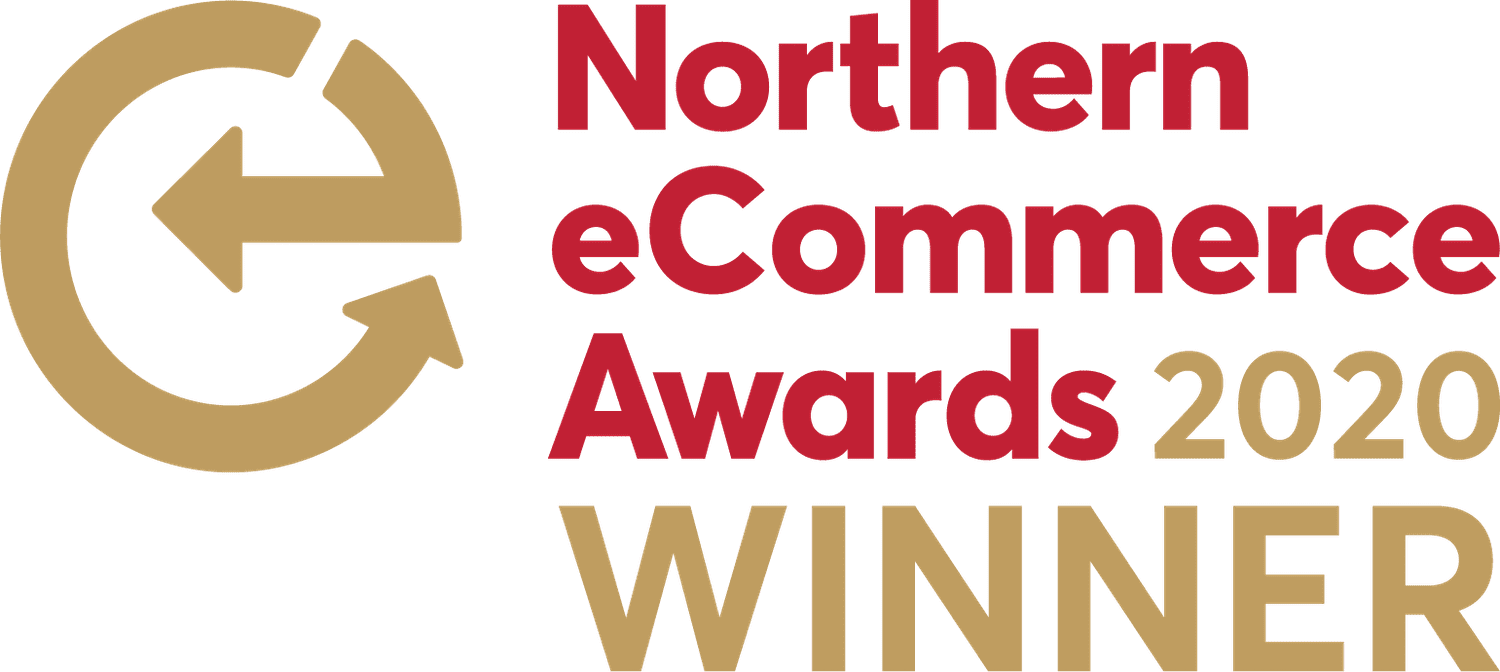Are you currently selling your products across multiple channels and struggling to keep track of your inventory?
If you are currently doing this manually then you will already know how difficult it is. If you are thinking there must be an easier way, the good news is….there is!
Ready to learn how leading online retailers manage their inventory with ease? Then this guide is perfect for you.
Put Technology At The Centre Of Everything You Do
It’s no secret that technology has made all of our lives easier and helped businesses to grow and scale more easily. Inventory management software is no different and when implemented correctly it can help you to optimise for time and cost, use the delivery experience to go beyond customer expectations, and own more of the customer relationship.
As with most things in life not all Inventory management software is created equal. The solution you choose for your business should be designed to make your life much easier and have the ability to seamlessly automate as many processes as possible.
What Should You Be Automating?
Automation should make your life easier and these are some of the key processes that will streamline your inventory flow.
- Inbound shipments (ASN’s, PO’s and your packing lists)
- Open orders (New orders that are waiting to be shipped)
- Processed orders (with tracking information)
- Inventory (latest stock levels)
What Are The Best Ways To Sync Your Store And Marketplaces?
API
One of the most popular ways to connect to inventory management software is via API (Application Program Interface in tech-speak). An open API will remove barriers and give you a greater degree of flexibility and freedom when syncing your products to the software.
No application is built perfectly to suit everyone’s unique needs (every business and product is different in their own way) but having easy access to an open interface will give you the ability to use the software in the way that suits you the best.
Third-Party Inventory Management Software
Inventory management software connects and automates all of the different parts of your selling processes like your marketplaces and website into one central point, which means you can spend less time on order processing, labels, picking, packing and spreadsheets – sounds great doesn’t it?
There are standalone solutions like Linnworks available and eCommerce fulfilment providers that provide their own software platforms that will help you to sell smarter and better, just like 3PL Fusion.
CSV via FTP
If you are more comfortable working in spreadsheets, then connecting via an FTP server and sending a CSV option could be for you. This will give you the ability to send large files and multiple files and will also give you the peace of mind that lost data can be recovered. The main drawback is that it only gives you the ability to send data in its simplest form and doesn’t allow for more complex data structures.
What Information Do You Need To Supply?
Once you are all set-up with your Inventory management software, you will need to begin supplying your product information. Supplying this data correctly is very important as it will be key to your orders being shipped efficiently and accurately. (The last thing you want is lead-time delays caused by incorrect product information)
The Key Information To Supply Is:
SKU
Your product code should be no longer than 45 characters and ideally should match the SKU code set up on your selling channels.
Product Description
This should represent markings that are already on your product, e.g. model or size. If the item is a set or a bundle, then the quantity in the set/bundle should be in the description. e.g. Energiser AA pack of 4.
Barcodes
CODE128 or EAN formats are the most recognised. Barcodes are used for scanning items during every step of the order fulfilment process. This is the main contributor towards the accuracy of locating items, for counting items and on despatch.
Dimensions
Height, Width, Depth (in metres) and weight (in kgs) –is required as this information is used for storing your item and during the packing process for choosing the most efficient delivery service for your products.
Inner & Master Cartons
If your item has got an inner box quantity or master carton quantity, it must be provided.
Commodity Code & Country of Origin
Used by H.M. Revenue & Customs to classify goods to ensure the correct amounts of VAT and import duties are collected. Commodity codes are also required as part of new legislation related to the Fulfilment House Due Diligence Scheme (FHDDS). Commodity codes are freely available; a full list of commodity codes is available online using this lookup tool
DGN Classification
Is required on a transport document that gives details about the contents of a consignment to carriers, receiving authorities and forwarders. This information will be used by your inventory management software provider to ensure limited quantities like perfume or lithium batteries are shipped on the correct delivery service.
It’s so important to get this information right. If your goods are shipped on the incorrect service like ‘air’, generally the goods are destroyed, and the carrier will make contact to give the shipper a warning. In these instances, it is the responsibility of the shipper/partner to ensure that the categorisation of dangerous goods is correct, as this can result in the suspension of services
Serial Number
If you require a serial number to be captured on despatch then you will need to supply a product serial number. This is usually required on electronic devices that are related to health products.
ASIN
This is required if you would like to activate Seller Fulfilled Prime (SFP). Make sure your inventory software management partner has built an API with Amazon to support SFP (not everyone offers this as standard). You will need to apply for Seller Fulfilled Prime and you will need to make sure your partner meets all the requirements for achieving this on your behalf. SFP can take the cost out of sending consignment directly into Amazon whilst making sure you still obtain the ‘Buy Box’.
What Are The Key Features Your Inventory Management Software Should Have?
Technology is best when it works for you. That’s why your inventory management software should give you exactly the same benefits as the leading online retailer’s experience, with all the tools you need to grow your business.
Features like:
Real-Time Reporting And Analytics
Real data that matters to your business as and when it happens will help you to make better and more informed decisions about your products.
Manage Your Inventory From Anywhere
These days you should be able to run your business from the office, café or even a beach. Cutting-edge inventory management software should give you the ability to run your business from wherever you want to and a make decision with the touch of a button.
Returns Management
Returns are a big challenge for every online retailer. How you deal with them is what will separate you from the competition. Being able to manage, track and respond to your customer’s returns in real-time will level up your customer experience and also make sure your goods are back on sale quickly.
Your Competitive Advantage
Being able to make decisions on inventory, orders and returns faster than your competition is going to help your brand to stand out in a sea of sameness. Real-time data and insights will also help you to increase efficiencies across your business and ultimately lead to making greater profits.
That’s why finding the right inventory management software provider that also has the capabilities to fulfil orders can unlock your brands full potential and give you more time to get back to doing what you do best…leading your business.







